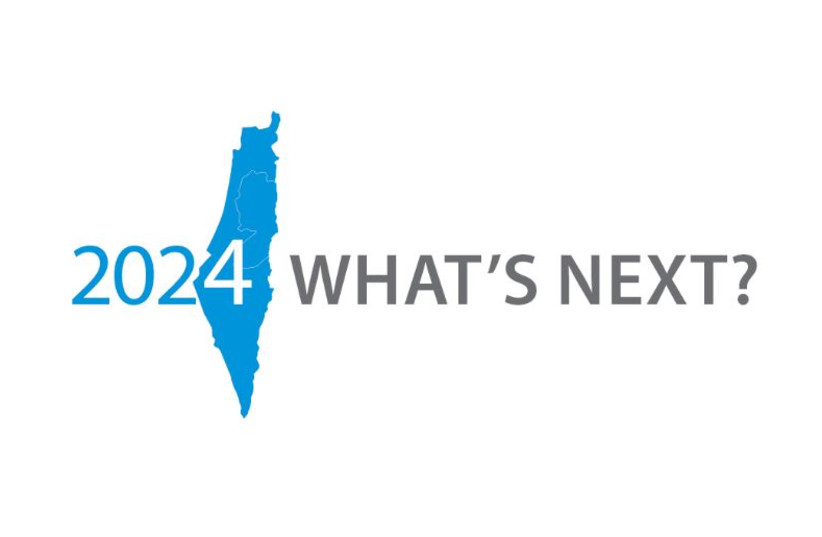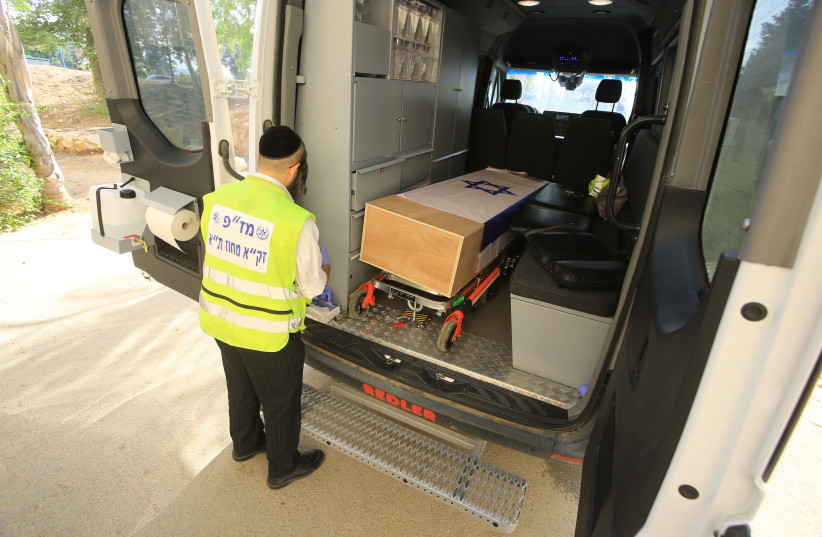
October 7 shattered all the narratives each group within our nation has clung to since the state’s inception. Amid the thick smoke of conflict, we all strive to reorganize around the stories we’ve told ourselves, seeking a narrative that more firmly grasps our complex reality. This societal ethos shift, palpable in the wider community, has permeated haredi (ultra-Orthodox) society as well. It, too, is responding, striving to reframe its narrative to better align with the evolving reality.
My research at Real Time Data institute during the war has revealed a distinct voice from haredi women, yearning for a new narrative encompassing greater contribution and integration. More profoundly, this voice suggests that our existing stories are too sparse, or even lack moral depth.
This is evidenced by the noticeable shift in response to the question “To what extent is haredi society the most moral society?” For the first time in years, there’s a marked statistical decline – a 16% difference compared to last year’s data. It seems that haredi society is introspectively reassessing its distinctiveness, prompting a broader rethinking within its community.
How haredi society is transforming amid the Israel-Hamas War
The transformation within the ultra-Orthodox community is converging along three primary axes: increased feelings of nationalism and citizenship; a heightened willingness to contribute to the war effort and to military service; and a communal sense of sorrow and depression that contradicts the notion of the haredi community being detached from the broader Israeli society.
In March 2023, some 42% of 1,003 ultra-Orthodox individuals surveyed agreed with the statement “The haredi public should find a way to contribute to the war effort.” A repeated study in October among 659 haredim showed a rise in agreement to 64%. To verify if this was a fleeting, emotional response, we posed the question again five weeks into the conflict, and the agreement level remained consistent.

Another study, focusing on personal attitudes, found a 14% increase from the previous year in agreeing with “I should contribute to the State of Israel’s military effort.” This suggests a genuine and significant shift in that community’s readiness to participate in military endeavors.
Parallel studies examining national sentiment among haredim also revealed significant changes. For instance, pride in the State of Israel increased from 63% to 82% between July and October, while the perceived importance of the State of Israel rose from 77% to 91%. These are just a few examples reflecting a general upsurge in patriotic and nationalistic feelings. The ultra-Orthodox community appears to be redefining its narrative concerning its role and contribution within the nation.
These trends are reflected not only in stated attitudes but also in actions, evident in the unprecedented enlistment numbers of haredim and the thousands volunteering in agriculture and in assisting the Israeli economy.
These figures challenge the traditional power structures within the haredi community, prompting some rabbis to issue statements opposing these enlistees and volunteers. Such reactive opposition, while seemingly indicating indifference to the war and its toll, actually underscores that there are deep changes underway in the haredi society.
Recent studies indicate that the war has had a deeper emotional impact on the haredi community than other significant events such as the COVID-19 pandemic, Operation Guardian of the Walls, or the Meron disaster. After the Meron disaster, 69% of the haredi community reported feeling shaken. Following the outbreak of the current war, this figure rose to 74%, with notable percentages reporting feelings of anxiety and depression. Clearly, the haredi community is integrally involved in the current societal turmoil.
These shifts, like cracks exposing vulnerabilities, predominantly affect more Modern Orthodox but extend to the entire Orthodox community. From these cracks, seeps a new light of responsibility and partnership.
The significant challenge lies in translating this change into tangible reality, enabling the haredi community to actively participate in the security, economic, and societal aspects that of shaping a democratic and thriving state.
Practical solutions are required in order to embody this change and effect a real transformation. It falls upon state policymakers to devise actionable solutions, turning this change into a genuine opportunity for the haredi community to actively and meaningfully contribute to the state, allowing the light of positive change to prevail.■
The writer is on faculty at Tel Aviv University’s public policy dept., and vice president of the Real Time Data institute.
